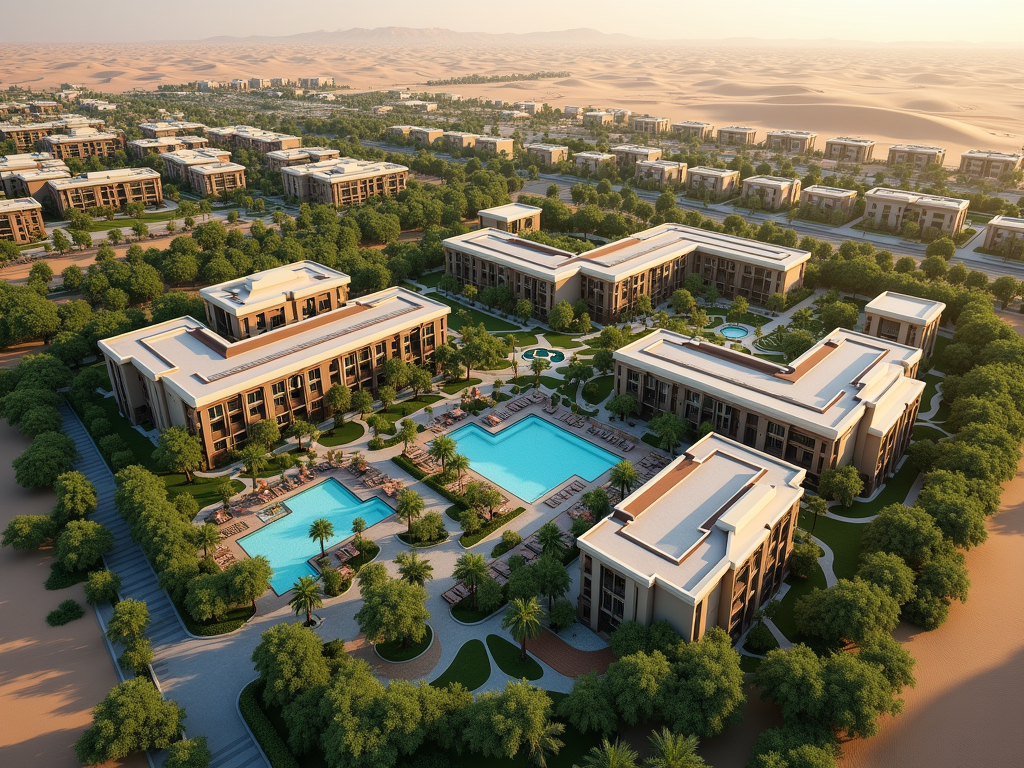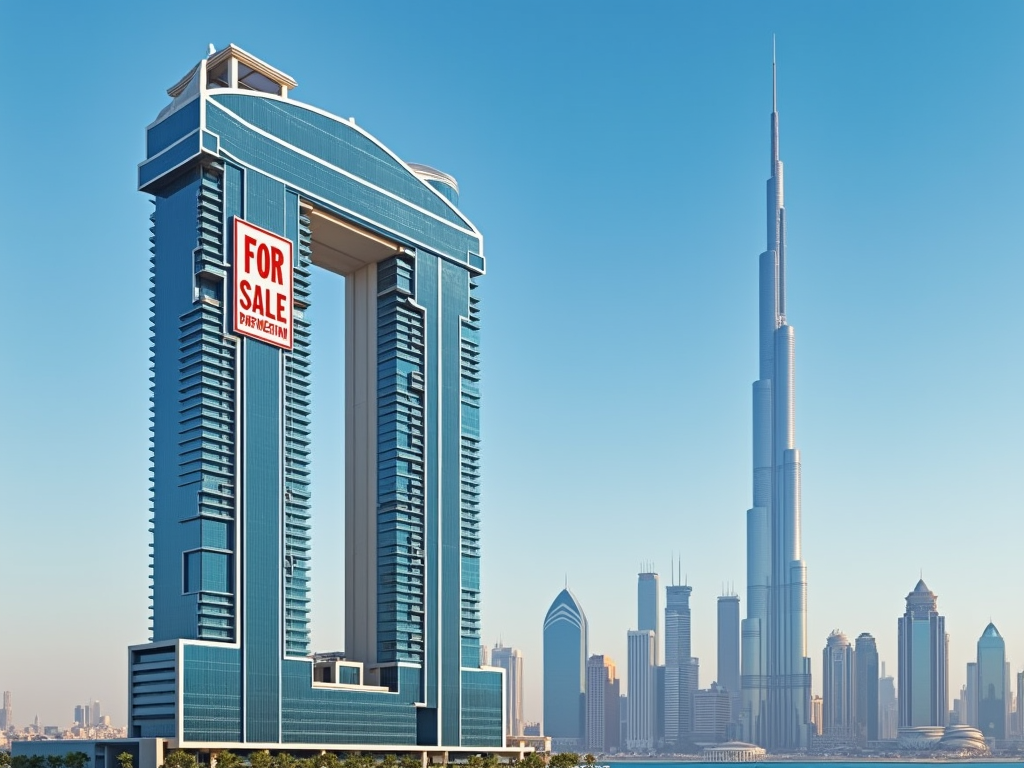
The Effect of Dubai’s Tax-Free Policy on Real Estate Investment
Dubai’s tax-free policy has emerged as a significant magnet for international real estate investment, attracting investors seeking lucrative opportunities without the burden of taxes. The allure of no property taxes, capital gains taxes, or inheritance taxes fosters a favorable environment for property buyers and investors. This policy not only enhances Dubai’s global competitiveness but also facilitates the economic diversification initiative undertaken by the UAE. Consequently, the tax-free framework encourages a diverse influx of foreign capital, impacting various sectors of the real estate market, from residential properties to commercial developments.
Understanding Dubai’s Tax-Free Environment

Dubai’s tax-free status embodies a broader strategy aimed at bolstering its position as a global investment hub. The Emirate uniquely positions itself by offering an environment devoid of certain taxes that are prevalent in many other countries. Investors are drawn to the following key features of Dubai’s tax framework:
- No property taxes, which means no annual fees based on the property’s market value.
- No capital gains tax, allowing investors to realize profits from their investments without taxation.
- No inheritance tax, safeguarding wealth for future generations without governmental deductions.
- No personal income tax, ensuring that individual earnings remain entirely with the investor.
This environment significantly lowers the cost of ownership and enhances the profitability of investments, making Dubai’s real estate market particularly enticing for both domestic and foreign investors.
Impacts on Foreign Investment Trends

The absence of taxation in Dubai has played a crucial role in shifting global investment trends. As more investors seek high-yielding opportunities with minimal tax implications, Dubai has gained prominence. The property market has seen increased activity, marked by diverse developments in residential, commercial, and hospitality sectors. Key impacts include:
- Higher foreign direct investment (FDI) inflows, leading to robust real estate development projects.
- Increased demand for luxury properties and high-end real estate.
- Greater participation of expatriates in the real estate market, contributing to a vibrant property landscape.
- Expansion of mixed-use developments catering to both investors and residents.
As a result, the tax-free policy not only stimulates economic growth but also transforms the way investors perceive the potential returns from Dubai’s ever-evolving real estate sector.
Market Diversification and Economic Growth
The establishment of a tax-free environment has further enabled the diversification of Dubai’s economy, reducing its historical reliance on oil revenues. Real estate has become a vital component of this diversification strategy, promoting sustained market growth. The policy encourages developers to undertake projects that resonate with both local and international markets. Recent trends include:
- Increased residential projects aimed at accommodating the growing expatriate population.
- Commercial properties catering to businesses drawn to the favorable tax structure.
- Tourism-driven developments that align with Dubai’s ambition to attract millions of visitors annually.
This shift in the real estate landscape not only reflects a vibrant economy but also showcases Dubai’s strategic positioning as a global city for business, leisure, and investment.
Supporting the tax-free policy, various governmental initiatives have bolstered investor confidence in the real estate sector. The Dubai government has rolled out numerous policies aimed at enhancing transparency and security within the property market. Some noteworthy initiatives include:
- Real Estate Regulatory Agency (RERA) facilitating regulation and enforcement of property laws.
- Long-term residency visas for property owners, ensuring stability for long-term investment.
- Smart systems for property management, enhancing the overall investment experience.
Such measures are instrumental in attracting diverse investors, further solidifying Dubai’s stature in the global real estate arena.
Conclusion
In essence, Dubai’s tax-free policy acts as a catalyst for real estate investment, significantly impacting market dynamics and positioning the Emirate as a premier global investment hub. Offering attractive financial benefits, along with robust government support and a strategic vision for diversification, has culminated in a flourishing real estate sector that continues to evolve. Investors are increasingly recognizing the advantages of entering Dubai’s property market, with expectations for sustained growth in the coming years. Ultimately, the blend of a tax-free environment and strong economic fundamentals creates an appealing proposition for real estate investment in Dubai.
Frequently Asked Questions
1. What types of taxes are exempt in Dubai’s real estate sector?
In Dubai, investors are exempt from property taxes, capital gains taxes, and inheritance taxes, making it an attractive destination for real estate investment.
2. How does Dubai’s tax policy affect foreign direct investment?
Dubai’s tax-free policy encourages foreign direct investment by offering a favorable environment with minimal tax implications, appealing to global investors looking for profitable opportunities.
3. Are there any residency benefits associated with property investment in Dubai?
Yes, property owners may be eligible for long-term residency visas, fostering stability and encouraging further investment in the Emirate.
4. How has the real estate market in Dubai changed over recent years?
The real estate market in Dubai has diversified significantly, seeing increased demand for luxury residential properties, commercial spaces, and hospitality developments due to the absence of taxes and favorable economic conditions.
5. What is the significance of government initiatives in Dubai’s real estate sector?
Government initiatives enhance regulation, stability, and investor confidence, making the real estate market more transparent and appealing to both local and international investors.

